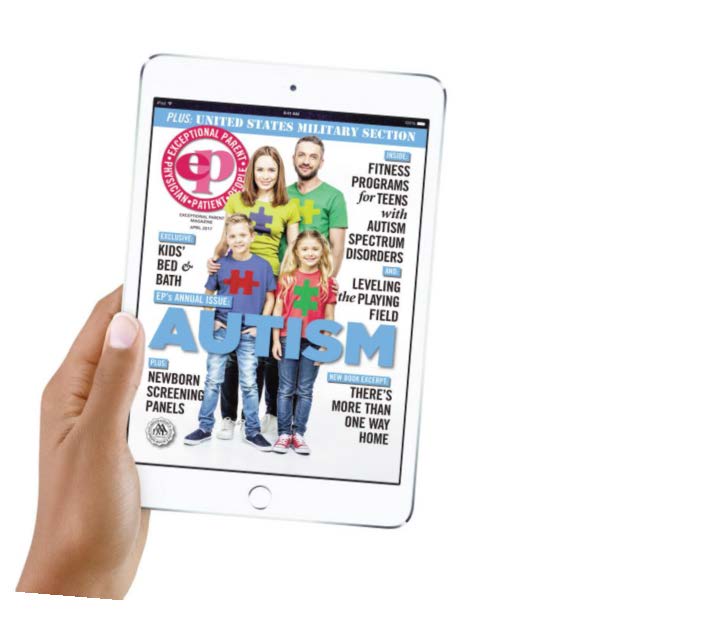On the final day of the 2017 SourceAmerica Design Challenge championship, April 7, each finalist team demonstrated to a panel of judges how their groundbreaking engineering projects and innovative designs benefited both employees with disabilities and their employers’ bottom line. “What impressed me most was the students' ability to understand the needs of the employees and their willingness to solve their challenges through innovation,” said Kevin Ryan, SourceAmerica productivity engineer and Design Challenge judge. That in a nutshell is the goal of the Design Challenge: to increase awareness among the next generation of business leaders about the importance of creating an inclusive workplace and to show how innovation and breakthrough assistive technologies are critical components in opening doors to people with disabilities in the workforce.
| innovative Solutions |
While each of five high school and three college student teams that made it to the final championship round on April 7 deserve a round of applause for their creative engineering devices, two teams walked away national champions. The California State University Los Angeles team won the Design Challenge college division with their groundbreaking Lean Master process, which reformatted the fabrication of a two-hole puncher. Their innovation reduced the production cycle time by a whopping 50 percent for employees with disabilities working at FVO Solutions, a nonprofit agency in Pasadena, California. “They helped me do my job faster, better and easier,” said Ana Alvarez, the employee with a disability who worked with the CSULA team to devise the process. The impact was felt on both sides. "I look at things a little differently now," said Sandra Hernandez, a member of the winning CSULA team and a senior majoring in Industrial Technology. "I learned how each person is different. I thought having a disability hindered a person, but it doesn't."
The Concord High School team clinched first place in the high school division for the second year in a row. They created an interactive weighing device for Becky Longo, an employee with a disability who bakes and packages dog treats for Waggies by Maggie and Friends in Wilmington, Delaware. Longo benefited from the device's visual and color-coded cues, which helped her weigh dog treats during the packaging process with much greater ease and efficiency. “What I like most about this competition is that the solutions students come up with will be used in an actual business,” said Concord High School engineering teacher and team coach, Jordan Estock. “I can’t create an authentic situation like this in the classroom. The students have to set up business meetings, interact with adults and peers with disabilities, and seek feedback. I can’t dream up a project in school that has SourceAmerica's Design Challenge.” And for the Concord High School student champions, the experience was an eye-opener. "I have a new perspective on how capable people with disabilities are," said Rowan Davis, member of the firstplace Concord High School team. "Getting to know Becky, knowing we were helping her and seeing her smile – that's what made it all worthwhile."
The annual SourceAmerica Design Challenge is just one small part of the work that needs to be done to address the staggering numbers of people with disabilities who are being left out of the workplace. They can all come together – families, teachers, students, businesses, nonprofits, public and private sectors and government agencies – to tackle this pressing issue. The mission at SourceAmerica is to find practical and innovative ways to employ people with significant disabilities. One way this is being accomplished is through the adoption of breakthrough assistive technology that will make a real impact in enhancing employment opportunities and choice for people with disabilities nationwide.•
